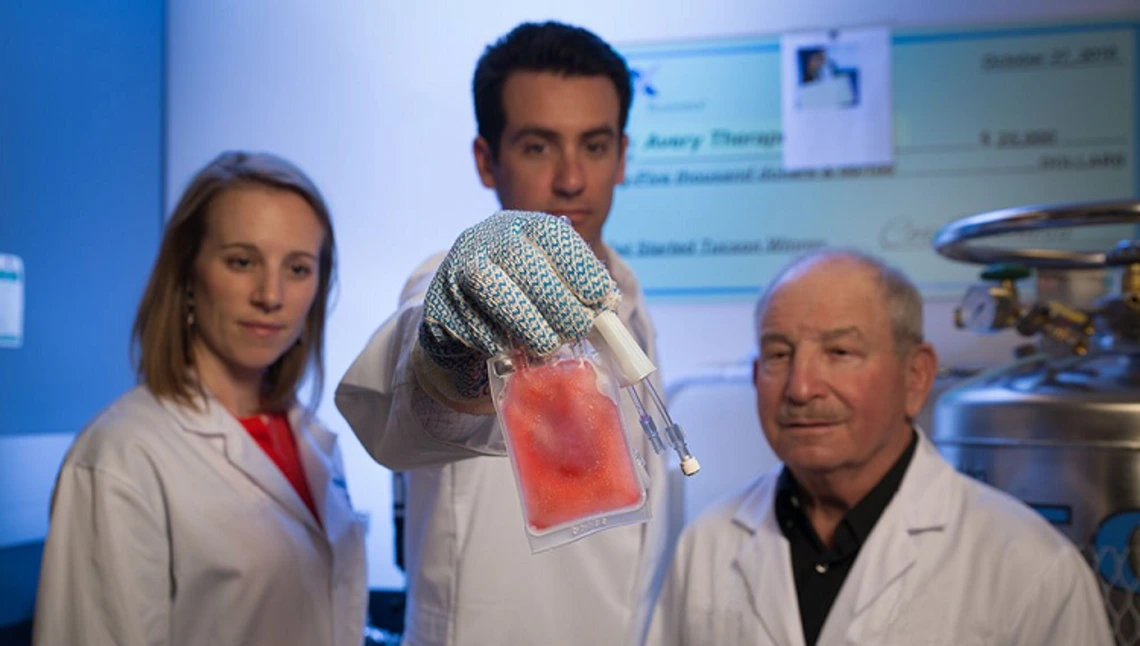Research Professor's Startup Collaborates On Engineered Heart Tissue

Tucson-based Avery Therapeutics Inc. has developed lab-grown cardiac membrane, called MyCardia, that can help heal the heart after trauma such as a heart attack or heart disease. BME research assistant professor Jen Koevary serves as Avery’s chief operating and financial officer. Avery recently partnered with the Translational Genomics Research Institute (TGen) in order to "understand which of their membranes are releasing molecules that produce therapeutic benefits."
“Figuring out exactly how it works is very complex. It’s important for us to know how it’s working so we can, in the future, identify the best patients who would be candidates for treatment," Koevary said in a release from TGen.
TGen is conducting mass spectrometry analysis of the proteins and metabolites at work in MyCardia’s healing effect on heart-muscle tissue. This supporting data will be used in Avery’s submissions to the FDA that could lead to human clinical trials. Up to now, Avery researchers have studied the processes in laboratory and preclinical experiments.
Key to the technology is the advancement in recent years of induced pluripotent stem cells, which can propagate indefinitely and theoretically give rise to every other cell type in the body. They represent a source of cells that could be used to replace those lost to damage or disease.
“It’s the concept of being able to take essentially any cell in the body and convert it into an embryonic-like cell, and then being able to make any cell. That’s how we are making our heart-muscle cells,” said Jordan Lancaster, Avery’s chief executive officer.
